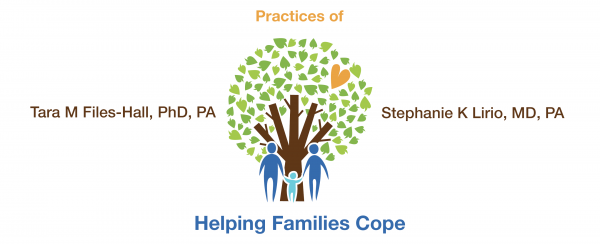Lessons from the MTA study by Dr. Stephanie K. Lirio
(Multimodal Treatment of ADHD Study)/What to do if your child receives a diagnosis of ADHD/Basics of ADHD treatment
Parents may have a lot of questions when their child is diagnosed with ADHD, or Attention Deficit-Hyperactivity Disorder. ADHD is very common and very treatable. The American Psychiatric Association estimates that 5% of school age children have this diagnosis, although sources have suggested that it is much higher, up to about 11% in more recent community studies.
Given that there is a lot of information available on the Internet, and it may feel very overwhelming to sort through this, we wanted to provide some guidance about the treatment options for ADHD.
The MTA (Multimodal Treatment of ADHD) study was one of largest studies in this country designed to evaluate different kinds of therapies for ADHD.
It was sponsored by the NIMH (National Institute of Mental Health) and sought to look at the role of medications and behavioral therapies in treating children with ADHD. The results of the original study were published in 1999. It included 600 children, ages 7-9 with a diagnosis of ADHD. The study showed us that a combination of medication and behavioral treatment combined was both safe, and far superior to behavioral therapy alone in managing their symptoms. Level of function, including academic, family, and social skills improved significantly, and children needed lower doses of medication when they utilized the behavioral therapy too.
Medication options include stimulants, such as methylphenidate and amphetamine salts, and non-stimulants, such as atomoxetine, guanfacine, and clonidine. For further information on these medications, refer to parentsmedguide.org
Parents may wonder what therapy for ADHD entails. A therapist can help the family provide adequate structure and positive reinforcement for good behavior. A therapist can also help the child develop good coping skills, identify his or her strengths, and foster good self-esteem in school and in peer relationships.
Source MTA Cooperative Group: A 14 month randomized clinical trial of treatment strategies for attention deficit/hyperactivity disorder. Arch Gen Psychiatry 1999; 56: 1073-1086
Source: AACAP’s Facts for Families, aacap.org/factsforfamilies
